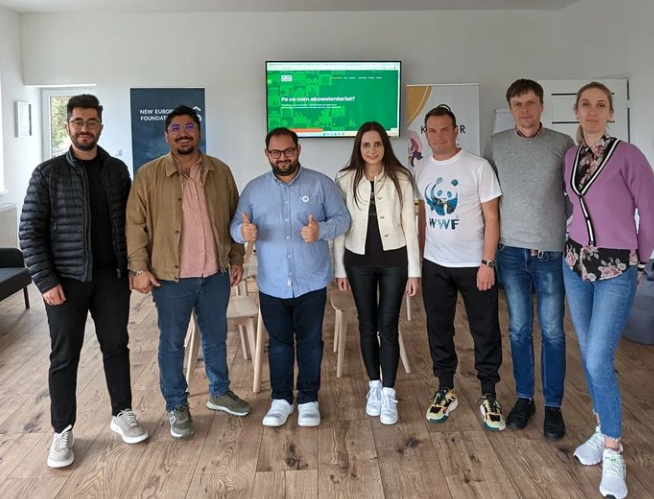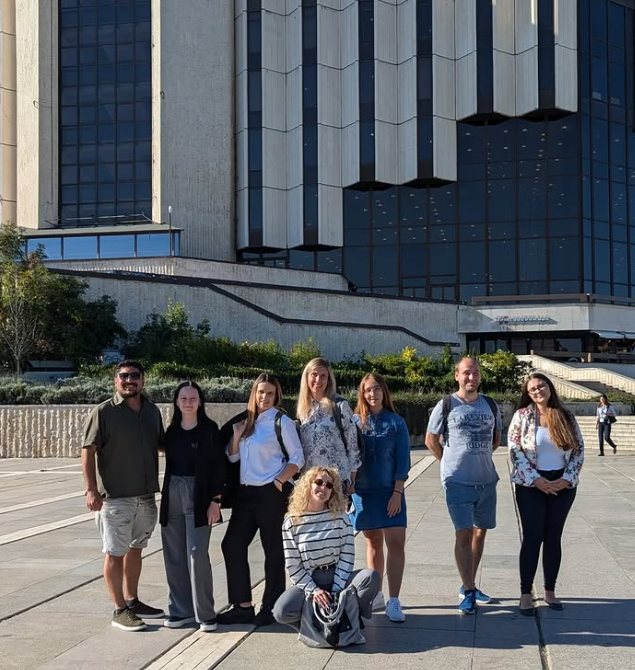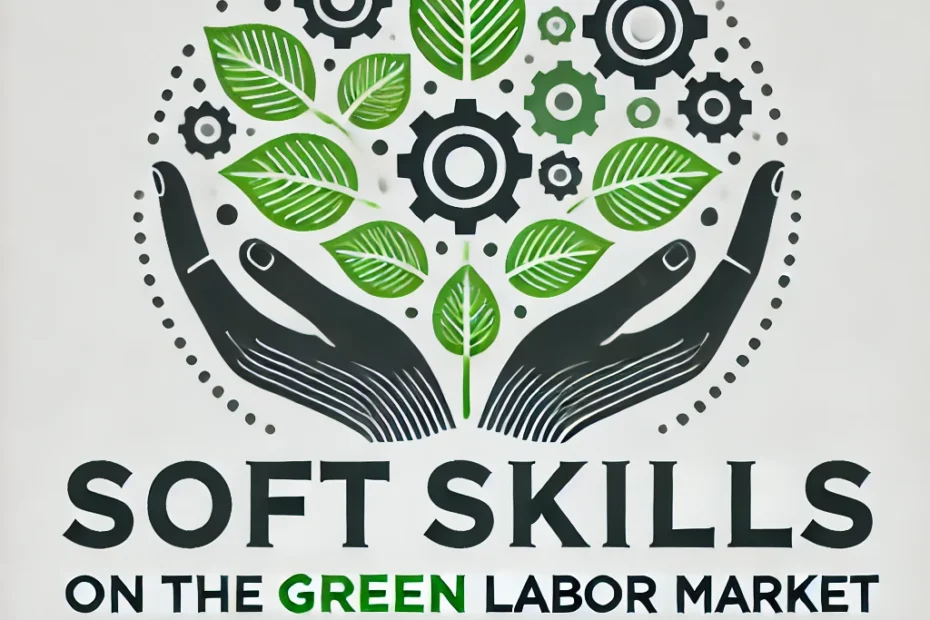Through the implementation of the project, we want to improve the soft skills of people entering the labor market. In the face of ongoing changes, it is important that young people are equipped with competences that will allow them to navigate the labor market effectively and flexibly, and that trainers increase the quality of training provided. The activities carried out are aimed at matching skills to current and future employment opportunities. This is an initiative within education for ecological transformation.
Results:
In view of further publication on the Erasmus+ Project Results Platform, please also be aware that a comprehensive public summary of project results will be requested at report stage(s). Final payment provisions in the contract will be linked to the availability of such summary.
– improving soft skills of 600 people aged 16-26 entering the labor market, – improving the skills of 40 trainers conducting classes on work methodology and techniques for people entering the labor market, – creating a 4.0 education tool, – creating a database of educational materials in the field soft skills on the green labor market (e-learning courses, textbook, scenarios, educational game, etc.) – implementation of 960 hours of workshops for young people.
The Kick-Off Meeting
As part of the „Soft Skills on the Green Labor Market“ project, we had a productive meeting with our partners from Lithuania, Slovakia, and Bulgaria. We discussed upcoming tasks and set the directions for our activities in the coming months.
🌱 The goal of our project is to develop soft skills, which are crucial in the green labor market. Together, we are working to ensure that our efforts deliver tangible results.
📌 We encourage you to follow our social media, where we will regularly update you on the project’s progress. Thank you for your support and interest!

Training Course - Sofia,Bulgaria
We were in Sofia, Bulgaria, attending a meeting with partners of the „Soft Skills on the Green Labor Market“ project! Together with representatives from Poland, Slovakia, Lithuania, and Bulgaria, we trained in soft skills and green jobs. 🌱💼
Thanks to this project, participants gained new skills and improved their opportunities in the labor market. 💪
Want to learn more? Stay tuned! We will soon be sharing educational materials from this meeting—don’t miss out on how you can benefit! 📚👩💻

infographics
Our „Soft Skills on the Green Labor Market“ project focuses on equipping young people with essential soft skills needed for sustainable job opportunities. 🌱💼 Through international collaboration with partners from Poland, Slovakia, Lithuania, and Bulgaria, we provide training and resources to help participants enhance their employability in the green sector. Check out our project details and infographic here to learn more about our key objectives and impact! 📊✨ Stay tuned for educational materials and insights from our activities. 👩💻📚

„Funded by the European Union. Views and opinions expressed are however those of the author(s) only and do not necessarily reflect those of the European Union or the European Education and Culture Executive Agency (EACEA). Neither the European Union nor EACEA can be held responsible for them.“
